Tag Archive for: behavioral science

How (& Why) to Start Infusing Your Company with Behavioral Science
Blog, Corporate Culture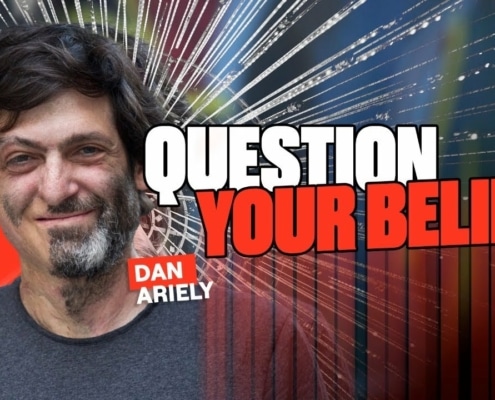
DEMENTES Podcast: Question Your Beliefs, with Dan Ariely
Blog, Decision Making, Podcast
Corporations Are More Insect than Person
Blog, Corporate Culture, Law, Trust
The Reason We’re Becoming More Extreme
Blog, Podcast, Trust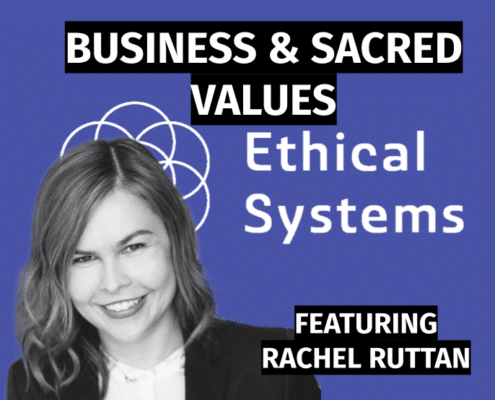
Rachel Ruttan on Business’ Role in Eroding Sacred Values
Blog, Corporate Culture, Leadership, Podcast
The Psychology of Shifting to Stakeholder Capitalism
Blog, Corporate Culture, Corporate Governance, Ethics Pays
Wall Street and the Behavioral Science of Making Culture Ethical
Blog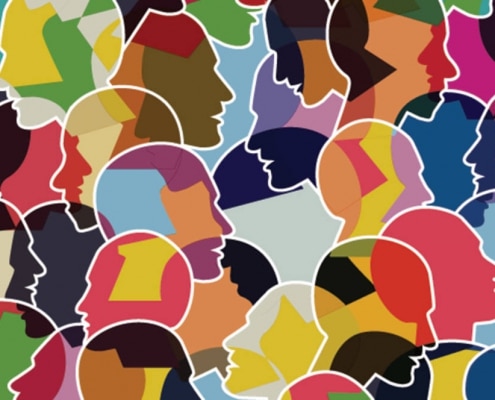
Tribes, vibes and hives: improving diversity through science
BlogThis is an article by Laura Smart cross-posted from Insight, the opinion and analysis page of the UK's Financial Conduct Authority (FCA). Original post.
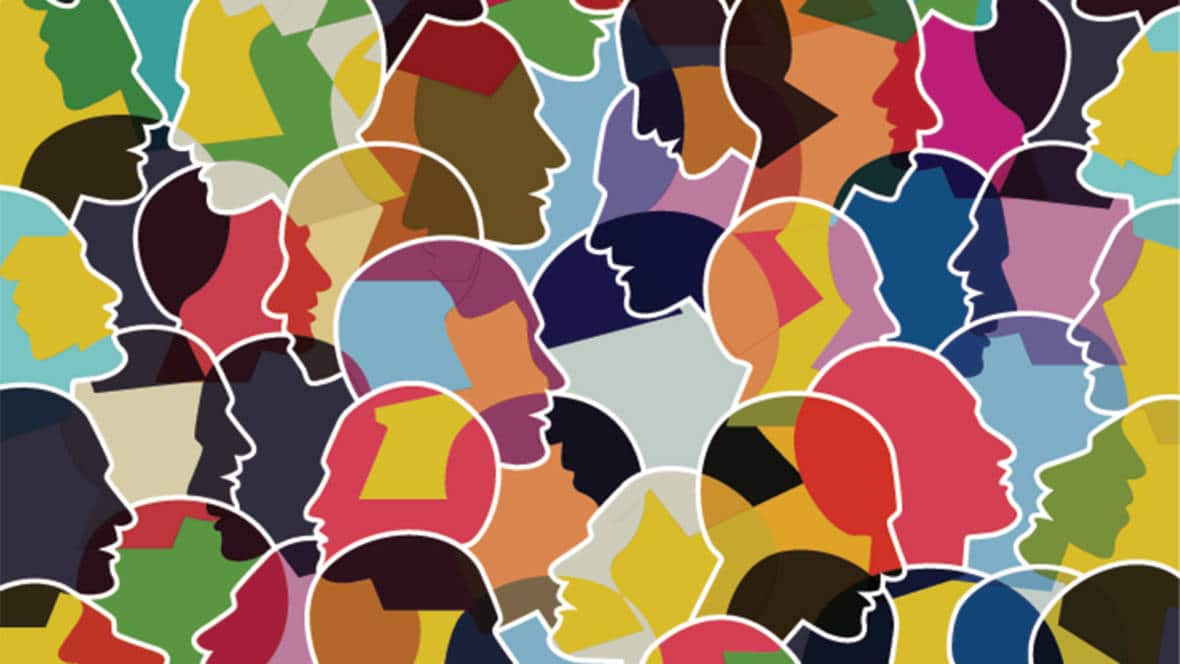 Behavioural science can tell us a lot about how humans are hardwired, and where efforts to improve diversity will be best spent.
Behavioural science can tell us a lot about how humans are hardwired, and where efforts to improve diversity will be best spent.
In 1951, Solomon Asch carried out an experiment which was to become one of the most widely known and pivotal findings in psychology.
Wanting to investigate how people were influenced by others when making decisions, he recruited students to judge the relative lengths of lines on a piece of paper. The catch was that each student was put into a group which, unknown to them, was made up of actors who had been instructed to give the same, obviously incorrect, answer some of the time.
The videos show the conflict faced by the participants when they come to give their verdict after listening to others ahead of them denying what is in front of their eyes. All in all, 70% of participants gave the same answer as the others at least some of the time - despite knowing that it was wrong.
There lies a perfect illustration of the dangers of conformity and groupthink - dangers that employers are increasingly trying to tackle, in part, through increasing diversity.
In financial services, considerable effort and resources have been put into diversity and inclusion programmes, including mandating training, introducing targets and changing recruitment processes. But senior managers often find it hard to know which efforts are most effective and where resources would be best spent.
Fortunately, behavioural science can tell us a lot about this. And some of the findings might come as a surprise.
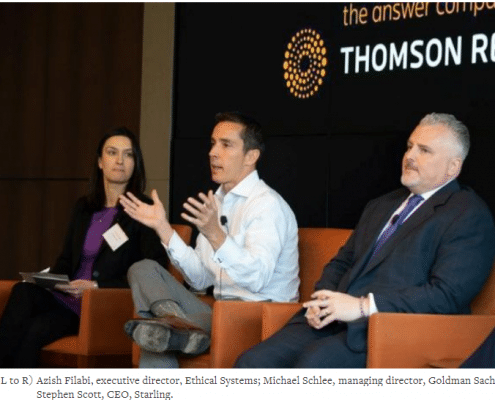
A Behavioral Science Approach to Bank Culture, with Azish Filabi
Blog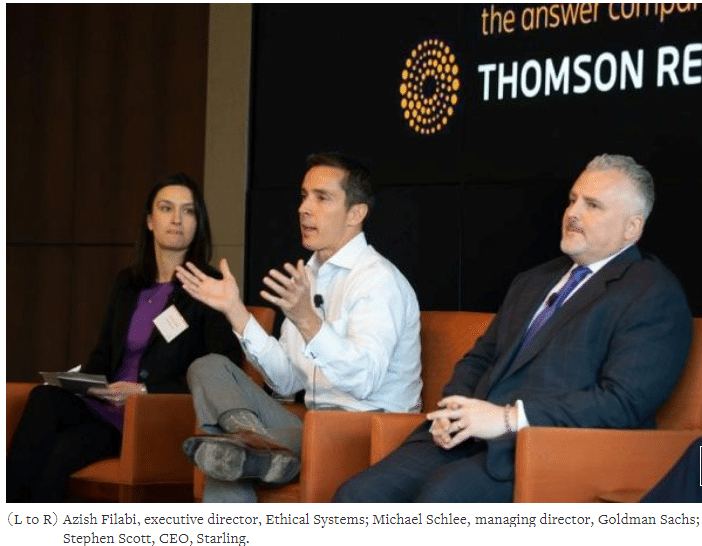 At a recent Thomson Reuters forum in New York on culture and behavioral science in the banking industry, Ethical Systems' Executive Director Azish Filabi joined a panel with fellow experts to discuss how research and data helps shape ethics and culture.
At a recent Thomson Reuters forum in New York on culture and behavioral science in the banking industry, Ethical Systems' Executive Director Azish Filabi joined a panel with fellow experts to discuss how research and data helps shape ethics and culture.
We invite you to read a piece on Reuters on the event featuring the following takeaways we share in this blog. Video from the event is also embedded.
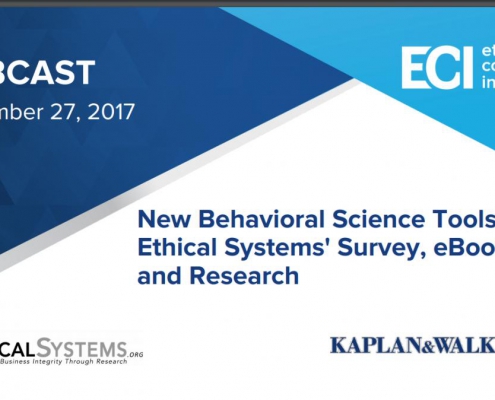
ECI Webcast Recording: New Behavioral Science Tools from Ethical Systems
Blog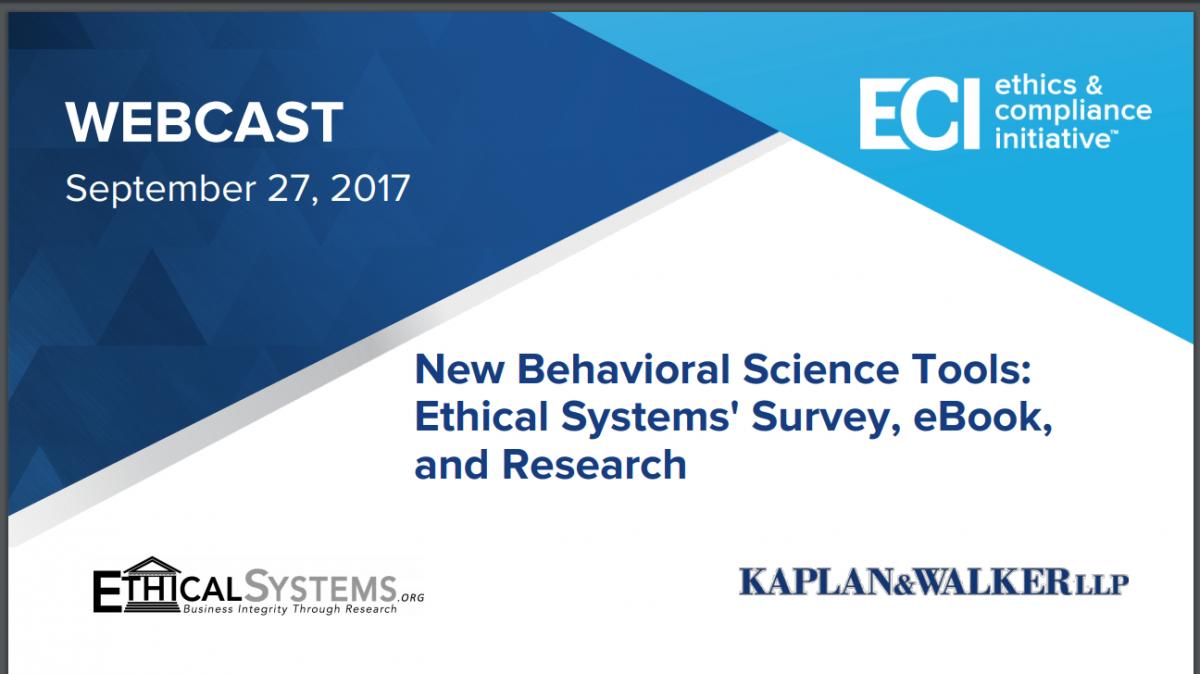 Azish Filabi (Executive Director of Ethical Systems) and Jeffrey Kaplan (ES collaboarator and Partner at Kaplan & Walker, LLP) recently led a webcast about ethics, research, and culture highlighting new behavioral science tools for the ethics and compliance field. The slides and recording are now available.
Azish Filabi (Executive Director of Ethical Systems) and Jeffrey Kaplan (ES collaboarator and Partner at Kaplan & Walker, LLP) recently led a webcast about ethics, research, and culture highlighting new behavioral science tools for the ethics and compliance field. The slides and recording are now available.
